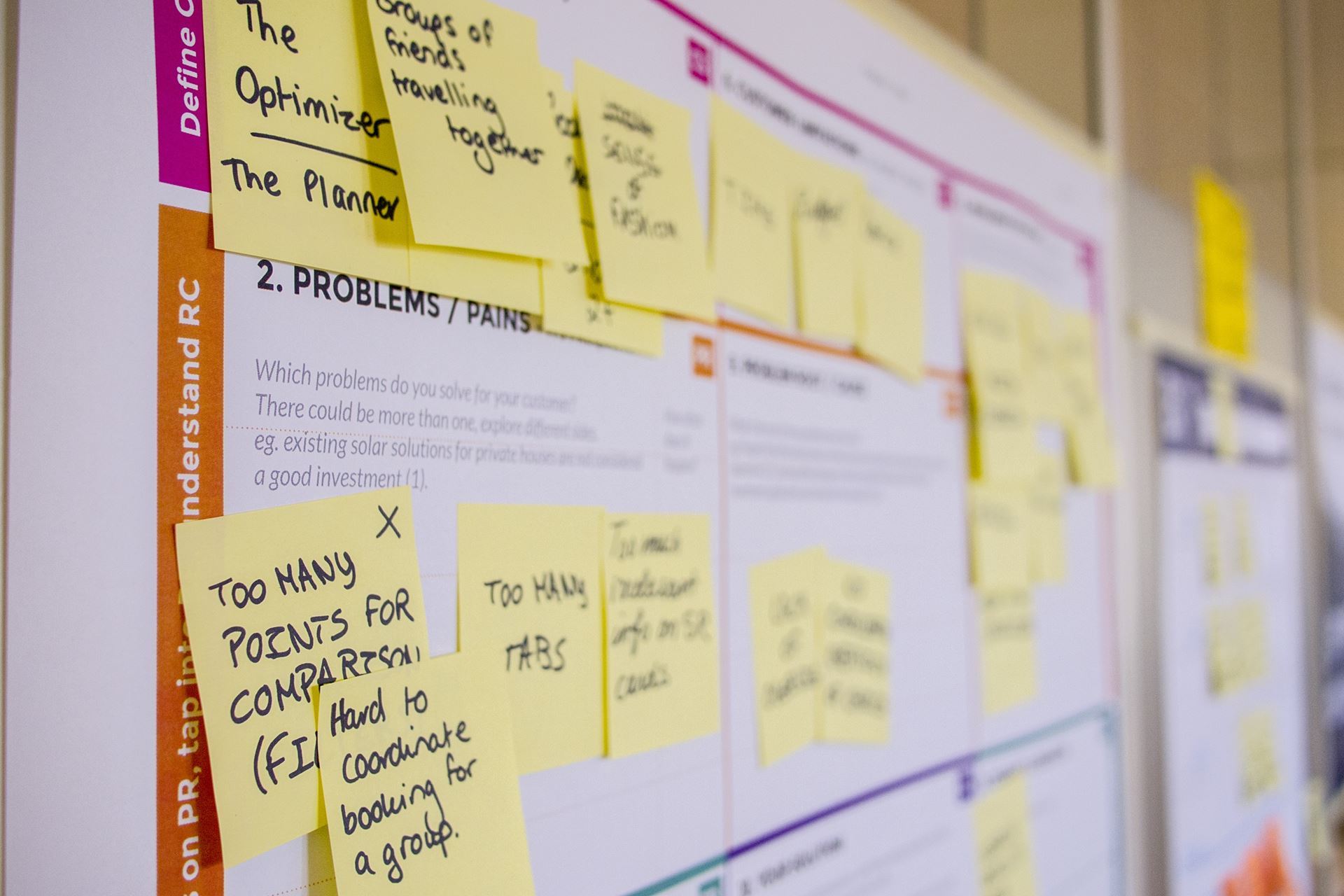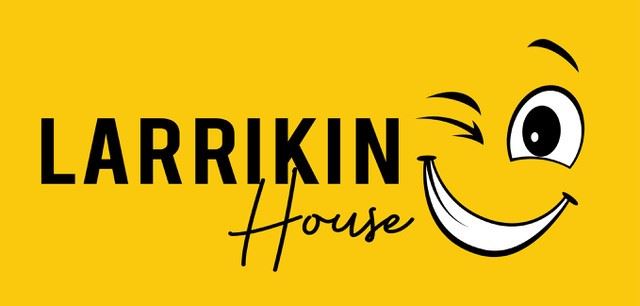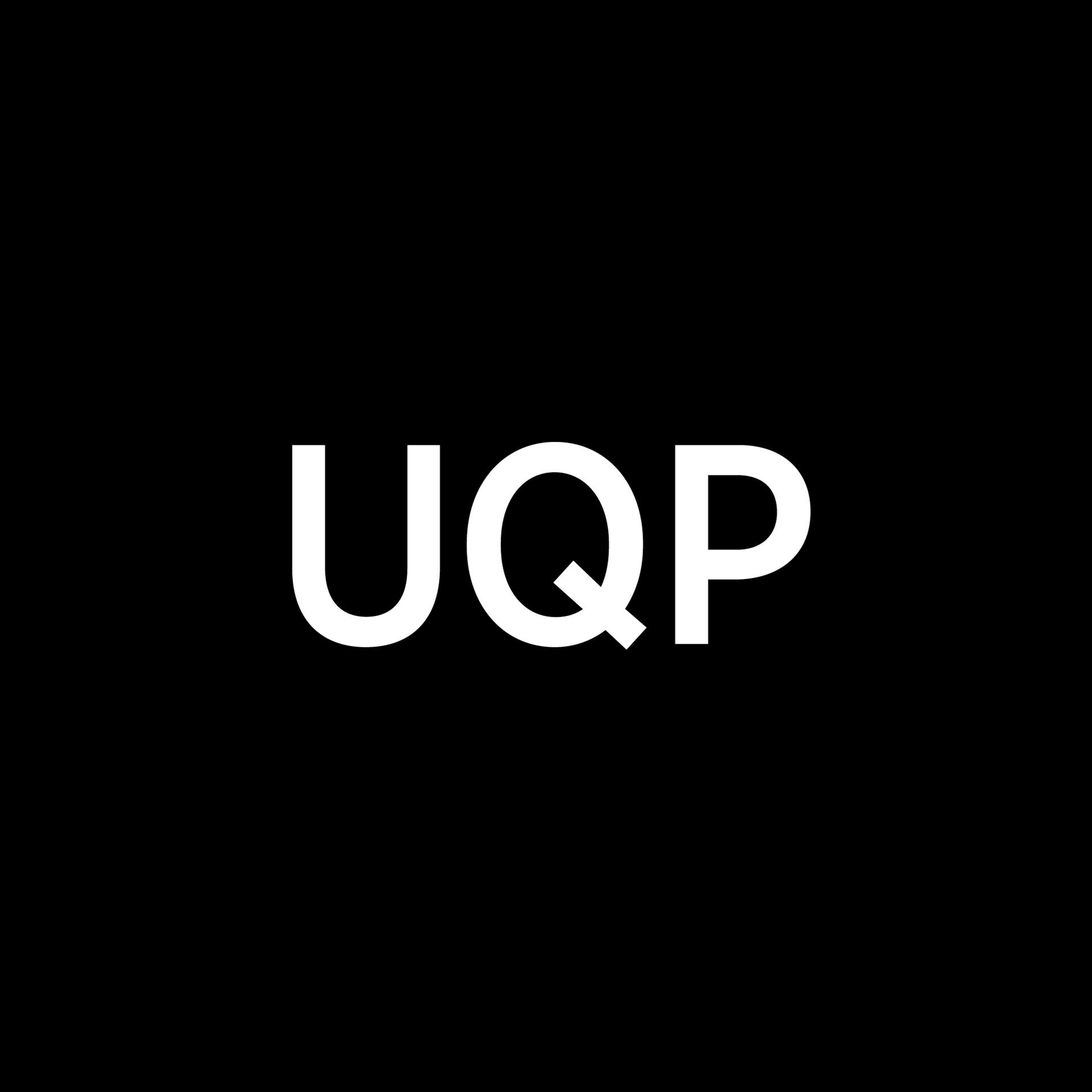
SLANSW hosts a number of professional learning events each year at a discounted rate for members. Our regular professional learning program consists of two face-to-face summits per year (usually held in March and September), as well as monthly online meet-up sessions.
SLANSW also offers professional learning opportunities through partnerships with other professional associations, organisations and industry events. Previous partners have included Eduwebinar, Syba Academy, Spark Festival, and Brisbane Summit's Capacity Building School Libraries conference.
Please note SLANSW's Cancellation and Refund Policy for Professional Learning Events when registering for summits and online meet-ups.
Payment for SLANSW events is via credit card. The Association has phased out receiving payments via direct bank transfer. If, however, your school prefers to continue to pay via bank transfer, this will incur a 10% administration fee and the manual processing of a new invoice. Please email info@slansw.net.au to request this.
SLANSW Professional Learning Events
2026 Professional Learning and Special Interest Group Calendar
|
Date |
Format |
Event Theme/Group |
|
17 February |
Online Meet-Up |
Setting up for success in the library |
|
23 February - 24 April |
Flexible Blended Learning Course |
Navigating the world of Ai (updated content) |
|
5 March |
Networking SIG– Face-to-Face |
Term 1 Meeting |
|
7 March |
International Speaker Session- Online |
Inquiry in the Age of AI: Keeping Curiosity Alive – Dr Leslie Maniotes |
|
18 March |
Library Professionals SIG- Online |
Term 1 Meeting |
|
24 March |
Online Meet-Up |
Ai in the school library |
|
25 March |
Mentoring- Online |
Term 1 Meeting |
|
28 April |
Online Meet-Up |
Critical literacy and lateral reading |
|
15 May |
Pre-Summit- Face-to-Face |
SLANSW Awards and Dinner |
|
16 May |
Summit- Face-to-Face |
All the Literacies: Read, Discern, Discover |
|
3 June |
Library Professionals SIG- Online |
Term 2 Meeting |
|
11 June |
Networking SIG- Face-to-Face |
Term 2 Meeting |
|
17 June |
Mentoring- Online |
Term 2 Meeting |
|
23 June |
Online Meet-Up |
New NSW Science Syllabus |
|
28 July |
Online Meet-Up |
Inquiry learning in the library |
|
5 August |
Library Professionals SIG- Online |
Term 3 Meeting |
|
13 August |
Networking SIG- Face-to-Face |
Term 3 Meeting |
|
18 August |
Open Online Forum |
CBCA Book Week Ideas – Share and Swap |
|
11 September |
Summit- Online |
All the Literacies: Technology Focus |
|
16 September |
Mentoring- Online |
Term 3 Meeting |
|
19 October - 4 December |
Flexible Blended Learning Course |
TBC |
|
27 October |
Open Online Forum |
Community Building in the school library |
|
5 November |
Networking- Face-to-Face |
Term 4 Meeting |
|
18 November |
Library Professionals SIG- Online |
Term 4 Meeting |
|
24 November |
Open Online Forum |
Partnerships with the school library |
|
2 December |
Mentoring- Online |
Term 4 Meeting |




.jpg)








